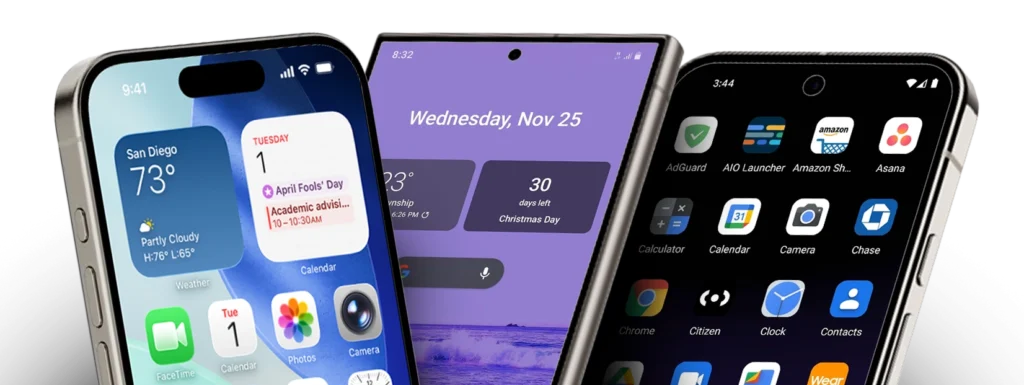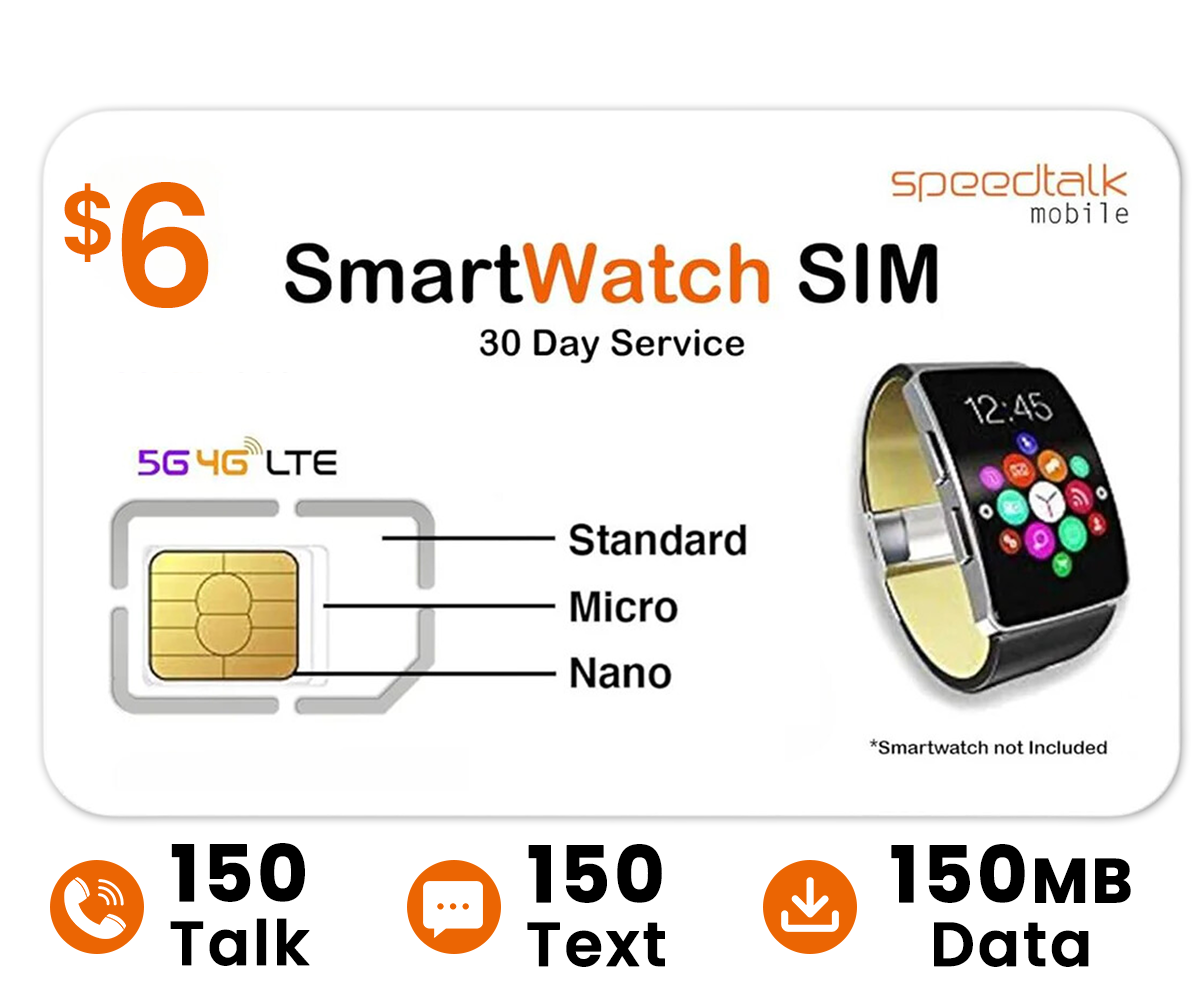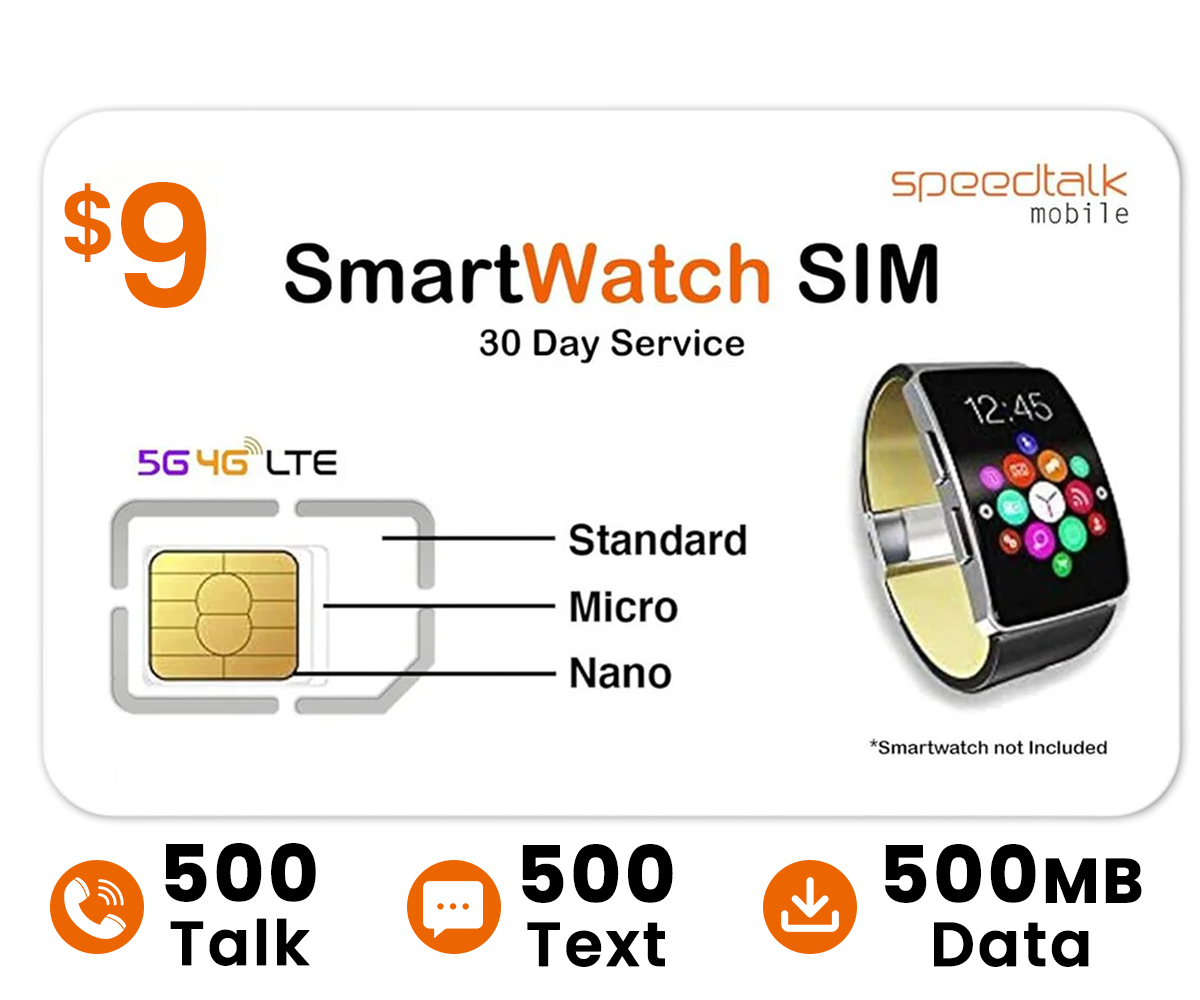A 5G Network We All Can Trust
Building a 5G world that we can all trust is critical to the success of the technology. 5G will enable a new level of connectivity that will revolutionize the way we live, work, and play. The technology will bring about a new era of connected devices and applications that will transform how we interact with the world around us. In order for 5G to reach its full potential, it is essential that we build a world that we can trust. A key element of trust is security. 5G will enable a new level of connectivity that will increase the surface area for potential cyber attacks. As we connect more devices and applications to the 5G network, we must be vigilant in our efforts to secure the data that flows through
What is 5G? 5G is the fifth generation of wireless technology that promises faster speeds, low latency, and more capacity than ever before. 5G is not a single technology, but rather an evolution of existing wireless technologies that builds upon the success of 4G LTE. What are the benefits of 5G? The benefits of 5G are numerous and far-reaching. 5G will enable new applications and use cases that were not possible with previous generations of wireless technology. Some of the most promising applications of 5G include: Enhanced mobile broadband: 5G will provide significantly faster speeds and lower latency than 4G, making it ideal for activities that require real-time response, such as streaming video
The mobile industry is on the brink of another major shift – the rollout of 5G. This new wireless technology promises faster speeds, lower latency and more capacity than ever before. But as we move closer to a 5G world, it’s important to make sure that this new network is built on a foundation of trust. That’s why the GSMA is working closely with stakeholders across the mobile ecosystem to ensure that 5G is deployed in a way that maximizes the benefits for users and society, while minimizing the risks. We are committed to an open, transparent and consultative approach as we work to develop the policies, practices and processes needed to build a 5G world that we can all trust
The potential risks of 5G technology are numerous and varied. One of the most significant risks is the potential for electromagnetic interference (EMI) with other devices and systems. 5G technology uses high-frequency waves that are capable of penetrating walls and other obstacles, which could potentially interfere with other devices that use lower frequency waves. Additionally, 5G technology has the potential to create electromagnetic fields (EMFs) that could be harmful to human health. Another risk associated with 5G technology is the potential for data breaches and cyber attacks. 5G networks are expected to be much faster and more efficient than current 4G networks, which could make them a target for hackers. Finally, the deployment of 5G infrastructure could have negative environmental impacts, such
The 5G technology is being designed to deliver higher performance and enable a new class of applications. To ensure that 5G is trustworthy, mobile operators, equipment manufacturers, chipset vendors, and software developers are working together to build a 5G world that we can all trust. 5G will bring faster speeds, lower latency, and more capacity to mobile networks. It will enable new applications such as immersive virtual reality, ultra-reliable low-latency communications, and massive machine-type communications. To ensure that 5G is trustworthy, mobile operators, equipment manufacturers, chipset vendors, and software developers are working together to build a 5G world that we can all trust. 5G will require a new generation of
5G technology will enable a new level of connectivity, with the potential to transform the way we live, work and play. But this transformational technology also brings with it new risks and challenges, which is why building a 5G world that we can all trust is so important. 5G will enable a new level of connectivity, with the potential to transform the way we live, work and play. But this transformational technology also brings with it new risks and challenges. One of the most important challenges is to ensure that 5G networks are secure and reliable. This is why building a 5G world that we can all trust is so important. There are many reasons why trust is important in 5G technology. First,
When it comes to 5G technology, we need to make sure that it is trustworthy. This means taking a number of measures to ensure that the technology is secure and that it will not have a negative impact on our lives. To do this, we need to work with governments, businesses, and individuals to create a 5G world that we can all trust. One of the ways we can do this is by ensuring that 5G technology is properly tested before it is rolled out. This includes testing it in a variety of different environments to make sure that it is safe and effective. We also need to make sure that 5G technology is only used in areas where it will not cause any harm to people or the environment.
The potential risks of 5G technology need to be carefully considered before this new technology is widely adopted. 5G technology promises faster data speeds and lower latency, but it also raises concerns about security and privacy. 5G networks will be more complex than previous generations of wireless technology, making them more vulnerable to attack. Hackers could use 5G to launch denial-of-service attacks or to eavesdrop on communications. The rollout of 5G technology will also require the deployment of new infrastructure, which could be vulnerable to tampering or attack. To ensure that 5G technology is safe and secure, it is important to work with trusted partners and to have in place robust security measures. 5G networks should be designed with security in mind from





















